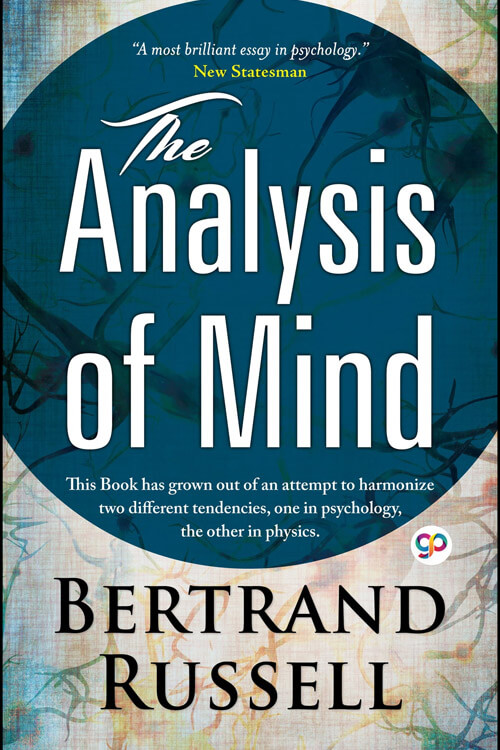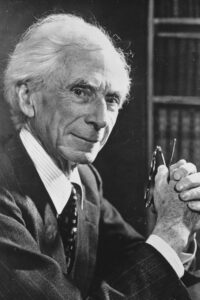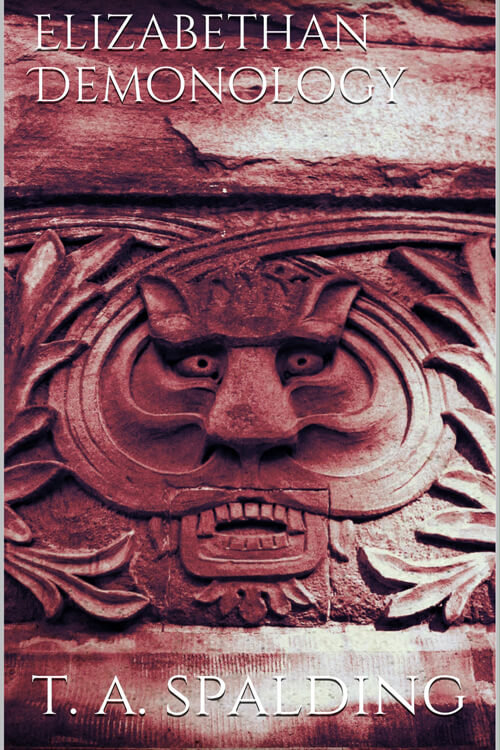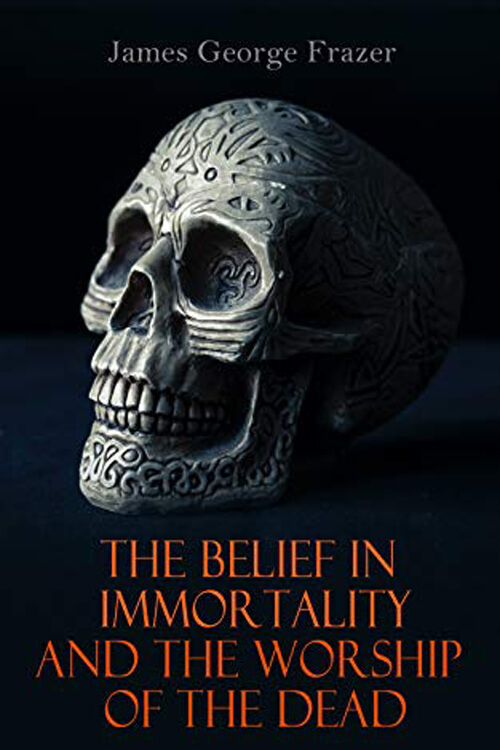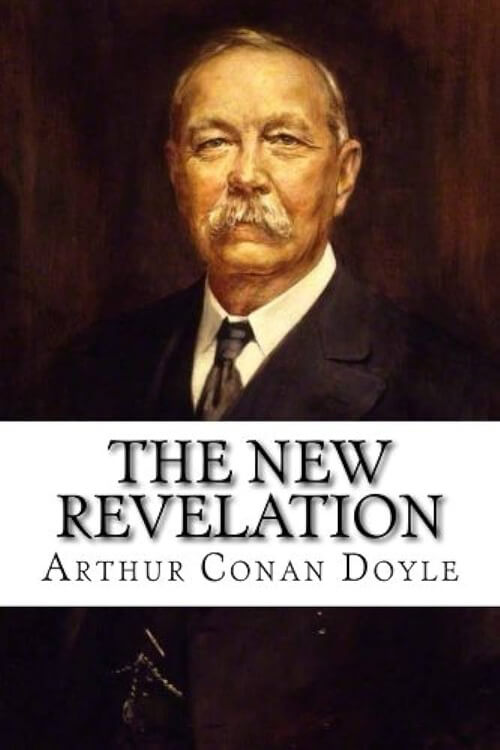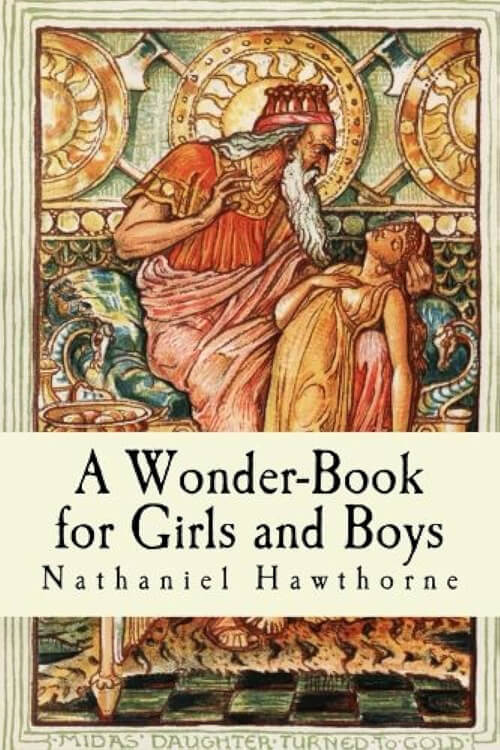
The Analysis of Mind
I think of Smith or think of Brown. The act of thinking, in itself, is exactly similar on both occasions. However, the content of my thoughts and the particular events happening in my mind differ when I think of Smith and Brown. Meinong argues that the content must not be confounded with the object since the content must exist in my mind when I have the thought, whereas the object need not do so.
The object may be something past or future; it may be physical, not mental; it may be something abstract, like equality, for example; it may be something imaginary, like a golden mountain; or it may even be something self-contradictory, like a round square. But in all these cases, he contends that the content exists when the thought exists and distinguishes it, as an occurrence, from other thoughts.
Read or download Book
Bertrand Russell
Bertrand Arthur William Russell, 3rd Earl Russell, OM, FRS (18 May 1872 – 2 February 1970) was a British mathematician, philosopher, logician, and public intellectual.
Biography.
He had a considerable influence on mathematics, logic, set theory, linguistics, artificial intelligence, cognitive science, computer science, and various areas of analytic philosophy, especially philosophy of mathematics, philosophy of language, epistemology, and metaphysics. He was one of the early 20th century’s most prominent logicians and a founder of analytic philosophy, along with his predecessor Gottlob Frege, his friend and colleague G. E. Moore, and his student and protégé Ludwig Wittgenstein.
Russell, with Moore, led the British “revolt against idealism.” Together with his former teacher, A. N. Whitehead, Russell wrote Principia Mathematica, a milestone in the development of classical logic and a significant attempt to reduce the whole of mathematics to logic (see Logicism). Russell’s article “On Denoting” has been considered a “paradigm of philosophy”. Russell was a pacifist who championed anti-imperialism and chaired the India League. He went to prison for his pacifism during World War I but also saw the war against Adolf Hitler’s Nazi Germany as a necessary “lesser of two evils.”
In the wake of World War II, he welcomed American global hegemony in favour of either Soviet hegemony or no (or ineffective) world leadership, even if it were to come at the cost of using their nuclear weapons. He would later criticize Stalinist totalitarianism, condemn the United States’ involvement in the Vietnam War, and become an outspoken proponent of nuclear disarmament.
In 1950, Russell was awarded the Nobel Prize in Literature “in recognition of his varied and significant writings in which he champions humanitarian ideals and freedom of thought.” He was also the recipient of the De Morgan Medal (1932), Sylvester Medal (1934), Kalinga Prize (1957), and Jerusalem Prize (1963).

